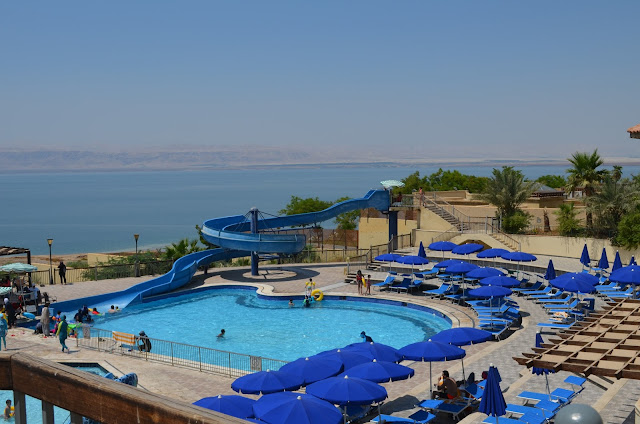Amongst the very early attempts to explain
tourism, is the ‘pseudo-event’ by Daniel Boorstin. The tourists perceive these
events as ‘real’, however, in reality they are only staged for them and cause
the actual ‘real’ surroundings such as the local people and environment to be
fully disregarded. The image of the staged ‘reality’ distances tourists from
locals to an even larger extent and allowed by the media, also to create unreal
images on the basis of which certain destinations are chosen. Consequently,
Boorstin believes that tourism does not provide the opportunity to encounter
and experience a local culture in an ‘unmediated fashion’. On the contrary, tourists
experience and meet the culture in an isolated ‘tourist bubble’ as it is staged
for them in an unrealistic manner, yet they perceive these events as ‘real’ and
‘authentic’. Furthermore, it should
however be noted that such bubbles often allow tourists to visit places, which
they would otherwise not be able to see or experience at all.
Leaving the Baptism site, we headed to one of the many European and American
resort chains on the Jordanian shore of the Dead Sea. Stepping into the air
conditioned, rather modern and familiar looking lobby, I immediately felt like
I was stepping into any European or American hotel. Hence, there we were in THE
tourist bubble. Already prior to our arrival we were told that accessing the
Dead Sea through a hotel was the only chance we had, especially for us females
wanting to wear a bikini. Furthermore, being in this hotel meant that we were
given an image of a hotel, which is different from local hotels (if there were
any) and were thus isolated from the ‘real’ environment. Moreover, I observed
my co-travellers but even more myself that we all felt more accustomed to the
place and acted much more unconcerned when being in this tourist bubble
compared to our behavior when visiting other places. Hence, the isolation, the
appearance of the hotel suited for European and American visitors and finally the
possibility that the tourist bubble gave us to access the Dead Sea ‘the way we
are used to’ confirms Daniel Boorstin’s theory.
Johannes Novy and Sandra Huning, ‘New tourism (areas) in the “New Berlin”’ in
Robert Maitland and Peter Newman (eds), World
Tourism Cities Developing tourism off the beaten track (Routledge, 2009), 7-10.
Tim Edenson, ‘Tourism’ International Encyclopedia of Human Geography (2009), 304-305.
 |
| A resort to suit the 'Western' visitors' eye |
 |
| At the shore of the Dead Sea |
No comments:
Post a Comment